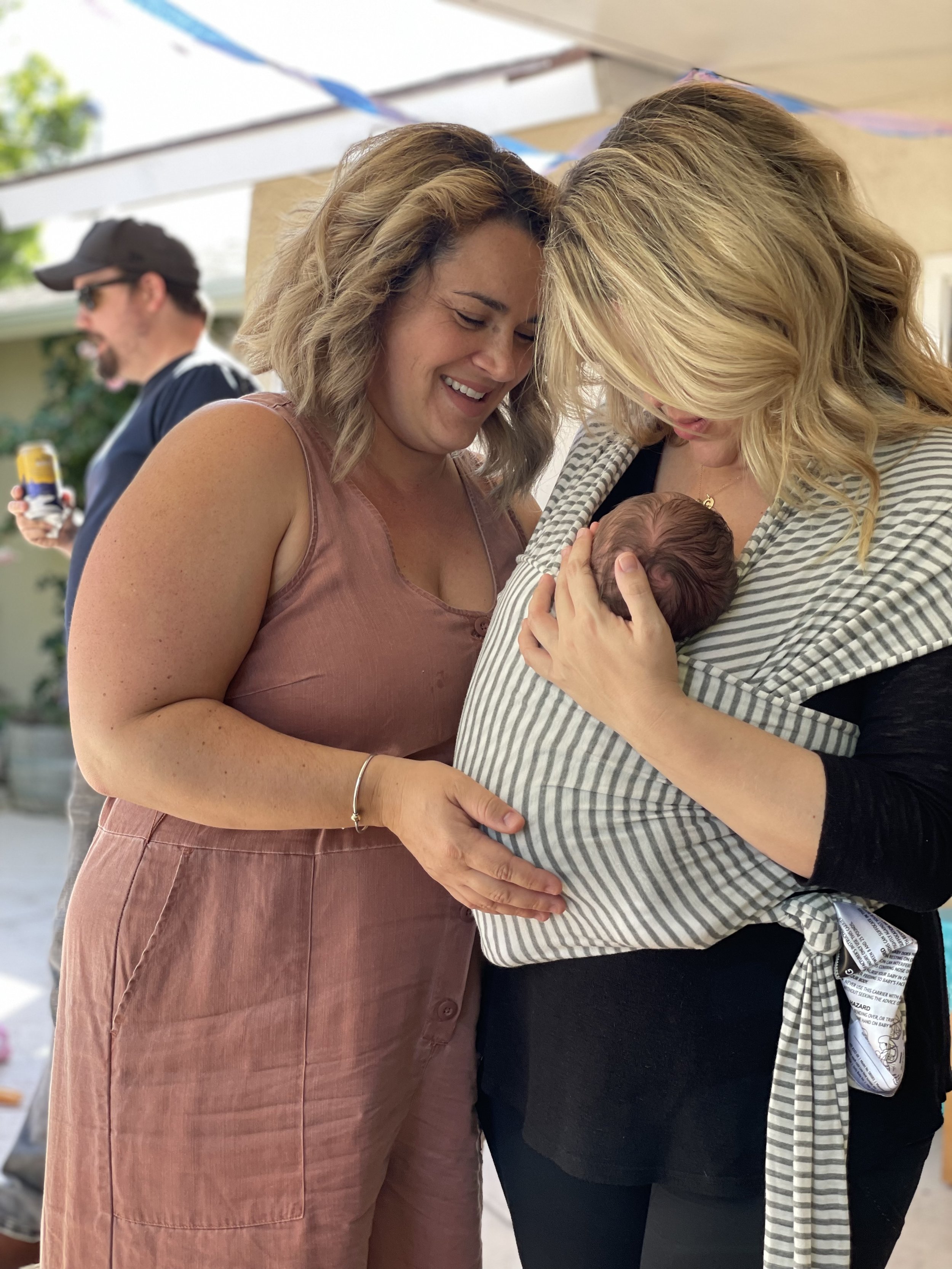
birth & postpartum support
Photograph by Melinda Roth
Providing individualized, trauma-informed pregnancy, birth, postpartum support and perinatal patient advocacy for all birthing families.
Birth Matters
Birth is one of life’s most major transformative experience that has a lasting impact on both you and your baby.
Research shows us that how a baby is born impacts so many aspects of their long term health — their immune system, nervous system, gut health — setting the stage for how they respond to stress, form attachments, and develop.
How you feel during your birth is everything. The type of care and treatment you receive can leave a lasting impact on not only your physical well-being but your emotional and psychological health.
Birth requires us to lean on our intuition and surrender to the unknown. You deserve to be prepared and feel empowered when entering this vulnerable and sacred time.
"Giving birth should be your greatest achievement, not your greatest fear."
— Jane Weideman
What is a doula?
A doula is a special, dedicated, non-medical childbirth companion who offers emotional, physical, and educational support to families during the prenatal and postnatal periods. Birth doulas provide continuous, one-on-one support throughout labor and delivery, often extending their care into the postpartum period. Doulas are able to make a real difference in birth outcomes by working with families in pregnancy to build a deep trusting foundation of individualized support paving the way for an informed and empowered birth experience wherever they choose to give birth. To learn more about the different types of doulas, the origins of doula work, and the traditional cultural practices that have shaped and informed the field, you can read more here.
Why hire a doula?
Doulas are valued members of the birth care team. Research shows that doulas help improve health outcomes for parents and their babies:
39% decrease risk in having a cesarean delivery
15% increase in the likelihood of a spontaneous vaginal birth
10% decrease in the use of medications for pain relief
decrease use of interventions such as pitocin, forceps, vacuum
shorter labors by 41 minutes on average
38% decrease in baby’s risk of a low 5-minute APGAR score
greater satisfaction with their birth experience (31% decrease in the risk of being dissatisfied with the birth experience)
reduction in NICU admission for infant
57% reduction in developing postpartum mood disorders such as postpartum depression/anxiety.
more likely to initiate breastfeeding
less likely to have infant with low birth weight
have a positive impact on the well-being of the entire family
(Data sourced from this Evidence Based Birth Article, this Cochrane Review, this Impact Of Doulas NIH study and this NIH study on the Impact of Doulas on Maternal Health. )
What doulas do
build a deep, trusting relationship with the parents to truly understand their needs, priorities, and beliefs
offer childbirth education and informs families of their choices
help prepare the family for birth and postpartum by creating a plan and assembling a support system
help the partner practice labor coping and advocacy techniques depending on birth location
provide emotional support during pregnancy, birth, and postpartum
can help integrate previous trauma with deep care, creating space for a more empowered and safe birth experience
provide physical support during labor with gentle, grounding touch including position changes, counter pressure, massage, and much more.
help support communication between parents and providers
encourage and guide the non-birthing partner to step confidently into their role as the primary support person
help process and integrate your birth experiences
is the only member of your care team, aside from your partner, that will be with you providing continuous support during your birth
can act as a your patient advocate during birth
fortify your rights as parents to make autonomous, informed decisions (and informed refusal) about your baby and your body without judgement, pressure or coercion.
What doulas don’t do
Perform clinical exams or procedures (like vaginal exams, take blood pressure or monitor fetal heart tones)
Give medical advice or diagnose conditions
Make decisions on your behalf
Pressure you into making certain choices because of their own preferences/feelings or tell you what to do
Take over the role of your partner (unless you are birthing without a partner and looking for your doula to fill that role)
Deliver or catch your baby
Get In Touch
Fill out this form to schedule a free consultation














